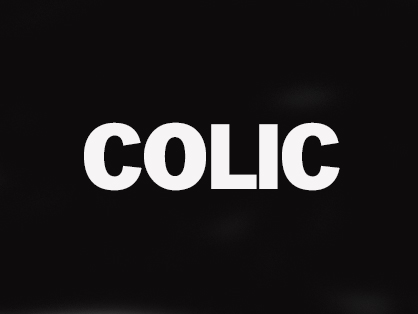Researchers Find Positive Long-Term Results For Colic Surgery
Many horse owners and equine veterinarians find themselves facing a difficult decision when it comes to treating a horse surgically for colic, with concerns including postoperative performance and expense. Now, a recently published study funded by Morris Animal Foundation shows that colic surgery results in overwhelmingly positive outcomes for both horses and owners.
Colic, defined as abdominal pain, affects between 4 and 10 percent of horses during their lifetime. It is a serious and sometimes life-threatening condition.
“Many horses encounter colic at some point of their life and, fortunately, many of the episodes can be treated conservatively with medication and fluids,” said Dr. Isa Immonen, University of Helsinki, Finland, one of the paper’s authors. “Sometimes, however, the horse requires surgical treatment, which is expensive and a major operation for the horse. This may be a difficult life-and-death decision for the owner.”
Researchers looked at the long-term outcomes of 236 horses undergoing surgery for colic between 2006 and 2012, focusing on owner satisfaction and patient performance after surgery. The team found that, of the horses that survived to hospital discharge, 83.7 percent returned to their previous or intended activity, and 78.5 percent regained their pre-surgical or higher level of performance.
The team also found a high level (96.3 percent) of owners were satisfied with their veterinary care and that “nearly all (98.5 percent) evaluated the recovery after the colic surgery as satisfactory or above.” The article was published in the journal Acta Veterinaria Scandinavica.
“We felt that defining the factors affecting the prognosis and postoperative performance could give answers that would help both the owners and the veterinarians in the decision-making process – whether to operate or not – especially when focusing on the meaningful long-term life and use of the horse after colic surgery,” said Dr. Immonen.
Dr. Immonen received funding for the retrospective colic study through Morris Animal Foundation’s Veterinary Student Scholar program. The grant-based program provides veterinary students the opportunity to become involved in mentored research that advances the health and/or welfare of companion animals and wildlife. The program is open to students from all over the world through a competitive application process, and has led many of the Foundation’s former student scholars to pursue careers in veterinary research.
About Morris Animal Foundation
Morris Animal Foundation is a global leader in funding scientific studies that advance the health of companion animals, horses and wildlife. Since its founding in 1948, the Foundation has invested over $113 million in more than 2,500 studies that have led to significant breakthroughs in the diagnosis, treatment and prevention of diseases to benefit animals worldwide. To learn more, or to make a donation in support of life-saving research, visit Morris Animal Foundation.











